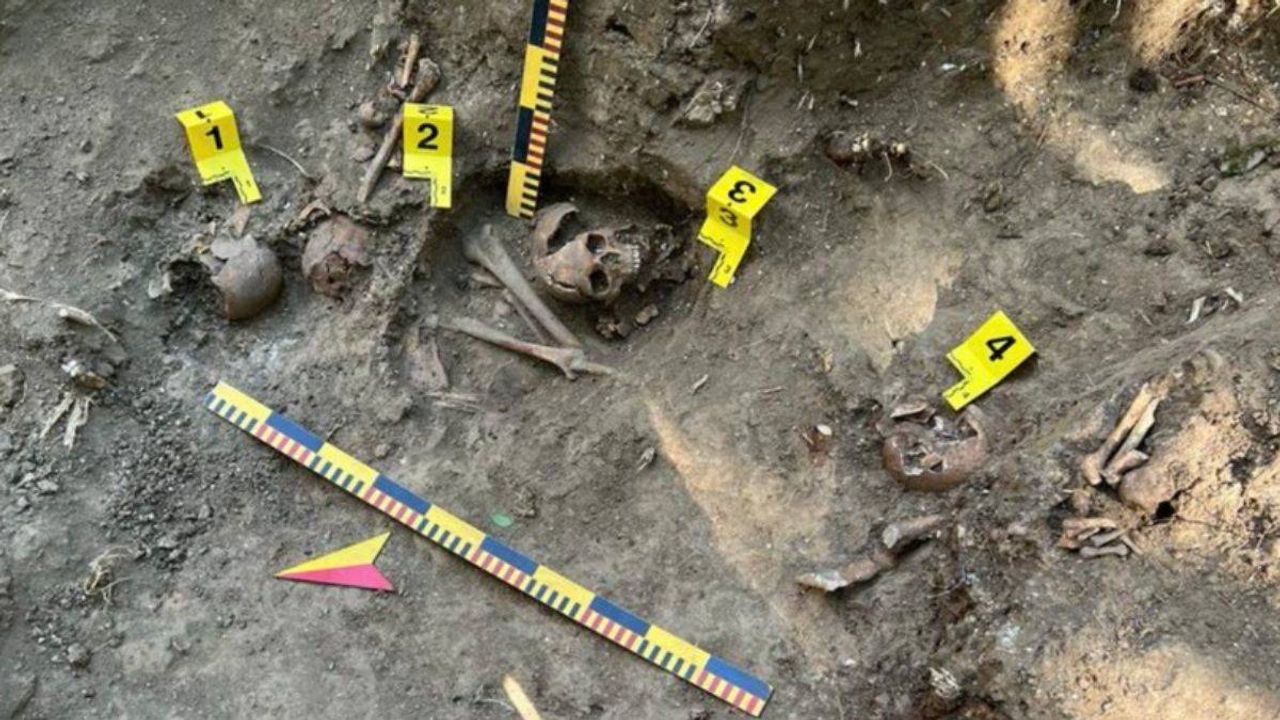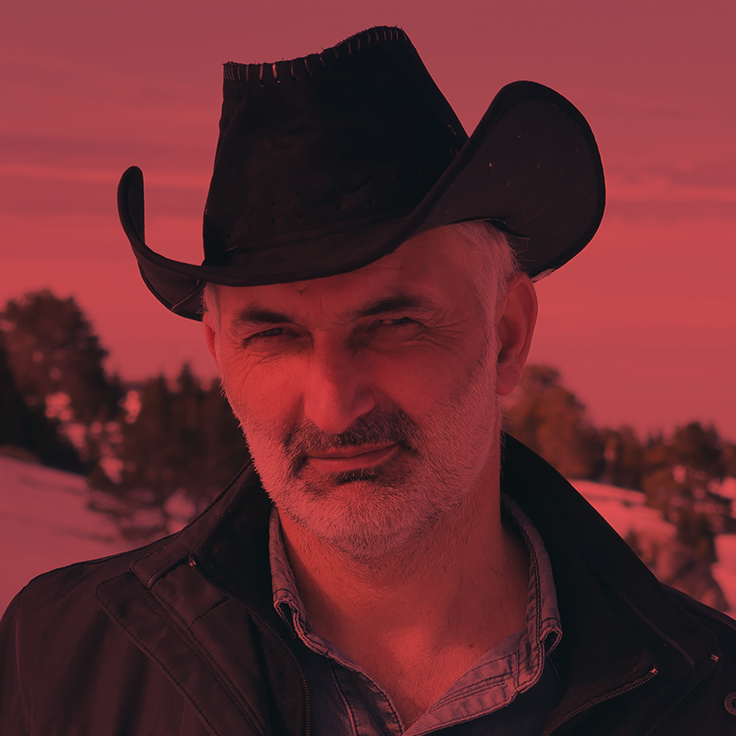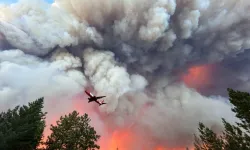Michal Dworczyk from the Polish Prime Minister's Office said in a post on his X social media account, "A mass grave has been found where the residents of Puzhniki who were killed in 1945 were buried."
Dworczyk noted that after 4 months of hard searching, Polish and Ukrainian experts have found the mass grave where residents of the former village of Puzhniki (Chortkiv region, Ternopil Oblast, Western Ukraine) were buried in 1945.
Culture Minister Piotr Glinski said in X that Poland had asked Ukraine for permission to exhume and examine the bodies so that they could be buried with dignity.
Polish Prime Minister Mateusz Morawiecki said: "In the Ternopil region of Ukraine, Polish and Ukrainian researchers have found a pit with the bodies of the victims of the Volhynia massacre. The work is ongoing and will continue. We will bring this matter to a conclusion. We owe it to the thousands of victims of the massacre and their families."
VOLHYNIA MASSACRE
In Poland, 100,000 Poles were killed in an ethnic cleansing operation carried out by the Ukrainian Insurgent Army (UPA) in 1943-1945.
The massacres, which took place in Volhynia as well as in eastern Galicia, are characterized as "ethnic cleansing" aimed at ensuring that Ukraine could establish sovereignty over territories that had previously been part of Poland after the Second World War.
July 11, 1943, known as "Bloody Sunday", was the most violent day in history, when UPA troops attacked dozens of towns and villages, killing Poles and then burning settlements to the ground.
Remembrance ceremonies are organized every year for these massacres in Poland.












